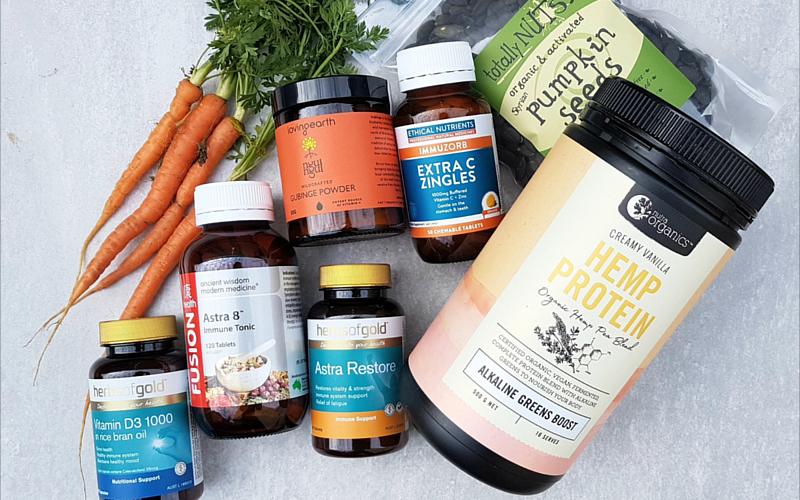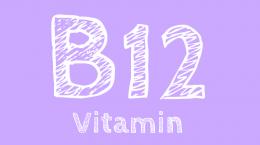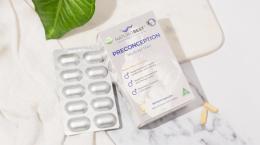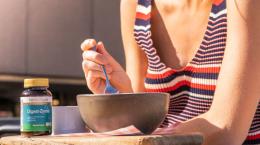Preventing Cold and Flu Naturally

Using a natural approach to avoid Cold’s and Flus this season
As the seasons change and the weather cools down, colds and flus are never far away. Confined spaces, reduced exposure to sunlight and the use of heating devices that recirculate warm air, all contribute to a higher incidence of viral infections.
Symptoms such as a blocked nose, coughing, mucous production, headache, fever, sore throat, earache and fatigue can make life pretty miserable for anything from 1-2 weeks or more.
Thankfully Mother Nature has provided us with some pretty potent plants that have been traditionally used to assist in prevention as well as recovery. Here are our top tips to prevent and recover from Winter sniffles this year.
Herbs
One of the most commonly used herbs for both prevention and convalescence, is Astragalus. Research has shown Astragalus to activate immune cells within the body, supporting your natural surveillance system to detect and attack bugs before they can take hold.
Supporting your nervous systems via adaptogenic herbs like Siberian Ginseng, Astragalus and Reishi Mushroom can be helpful for those who find stress leaves them susceptible to lowered immunity. Adaptogens have also been used for thousands of years in Eastern Medicine to reduce fatigue and lethargy.
Vitamin products that contain the herbs above are:
- Fusion Astra 8 Immune Tonic - Click here to view
- Herbs of Gold Astra Restore - Click here to view
Sunlight
Vitamin D is essential for immune function, with deficiency being linked to low mood, a variety of cancers, poor bone mineral density etc. We humans synthesize around 90% of our Vitamin D via skin exposure to sunlight.
As a general recommendation, in colder months when the UV index is below 3, 10-15 minutes of sun exposure directly onto arms, neck and face between 10am-3pm should assist you in making enough vitamin D to keep your levels up. If you have dark skin you require more sun exposure.
If the recommended amount of sun exposure is not possible or you have a deficiency (which you can check via blood test at your doctors) or an autoimmune condition, then Vitamin D supplementation may be required.
Vitamin D supplements can be found below:
- Herbs of Gold Vitamin D3 1000 - Click here to view
- Nutra Life Vitamin D Plus - Click here to view
Diet
From a dietary perspective, keep it simple by eating a colourful, varied diet containing lean meats, eggs, fish, lentils and legumes, fruits and vegetables etc and reducing or cutting out processed foods.
This should assist in meeting your requirements for protein, zinc, vitamin C and antioxidants that are essential for proper immune system function.
Deficiency in any of these macro or micro nutrients may leave you susceptible to sickness, so if for some reason your diet is not up to scratch or you have a restricted diet (eg. ketogenic, vegan etc) it may be beneficial to supplement via vitamins and minerals, protein powders or superfoods.
Some terrific additions to your diet:
- Hemp Protein | Alkaline Greens Boost
- A vegan, gut friendly source of complete protein, Zinc, Vitamin C, Pre & Probiotics and Fibre. Click Here to view this product.
- Pumpkin Seeds - Click here to view
- Kakadu Plum Powder - Click here to view
- Extra C Zingles - Click here to view
Rest
In our modern lives “busy” can be glorified, but bodies aren’t machines and eventually we reach burnout if we do not allow time for relaxation and restoration.
Many cultures and even animals use winter as a time of rest, slowing down and going inward – both physically and mentally. Shorter daylight hours present the opportunity to recharge after warmer months that involved being more physically, socially and mentally active.
Aim to be in bed by 10pm each night and don’t be concerned if you’re not bursting out of bed for a run in the morning. Try slower, more low impact activities to get your day started, like meditation, yoga, walking etc. When we work with our bodies and mother nature, our health becomes naturally better.
And the best cure for colds and flus during Winter? A tropical holiday of course!







